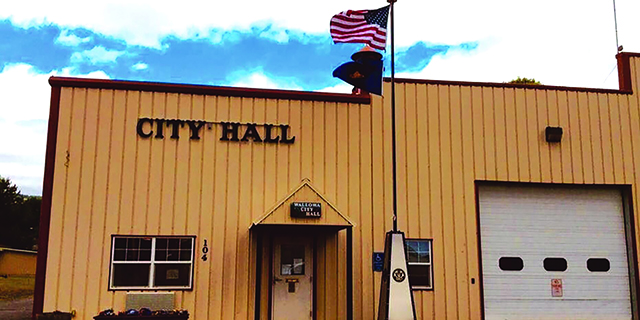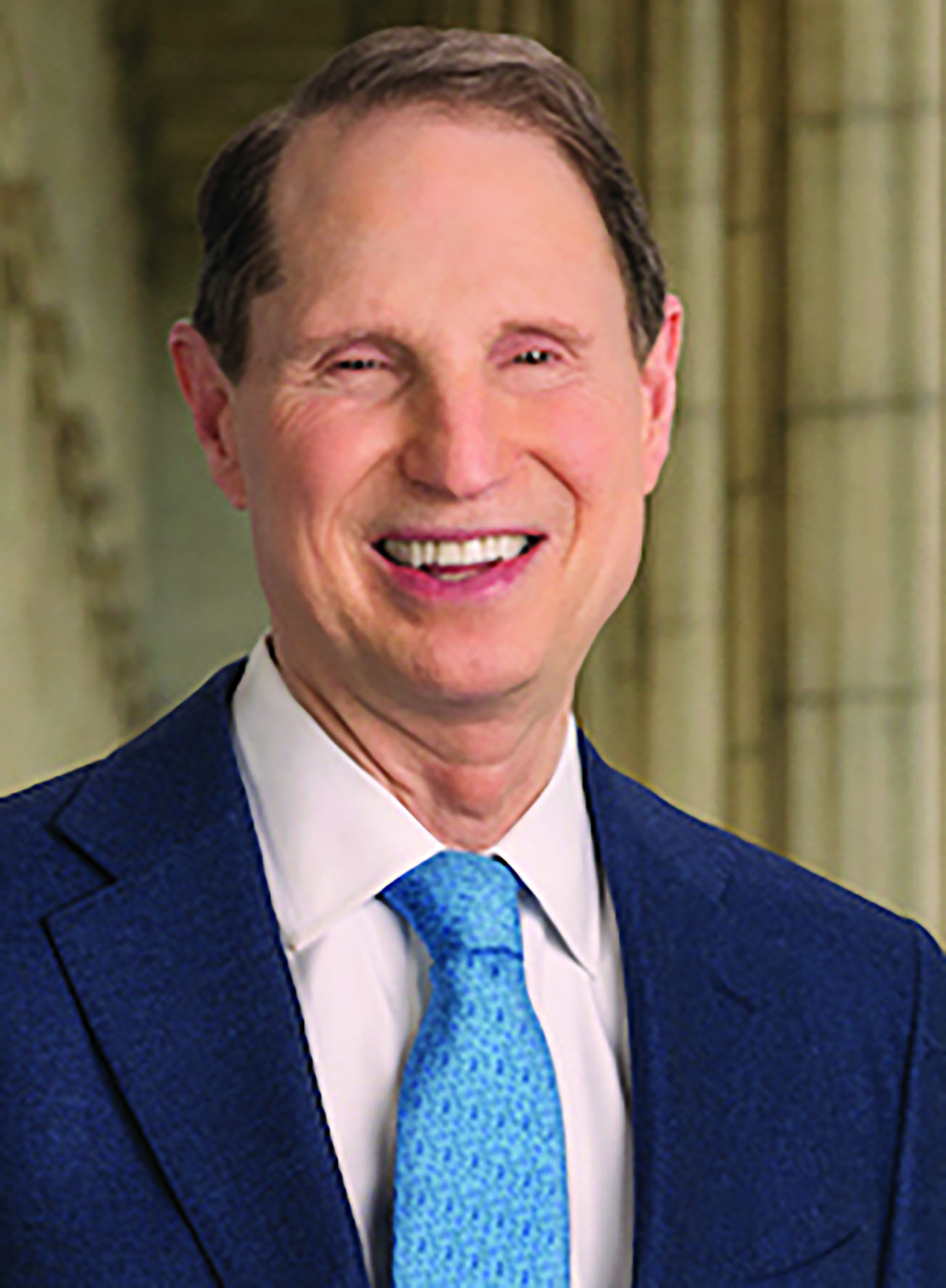ISIL illegitimate by any label
Published 3:33 am Wednesday, September 24, 2014
A few months ago, most Americans had never heard of ISIS. Now, we just wish we never had. On a literal level, ISIS stands for the Islamic State of Iraq and Syria. On a visceral level, it stands for brutality, barbarism, public executions of innocent people, and videotaped terror.
For reasons which he did not explain in his address to the nation on Sept. 10, President Obama prefers to call this terrorist group ISIL. A quick Google check reveals that in this acronym, the last letter refers to “the Levant,” meaning an area that includes not just Syria, but also Jordan, Lebanon, Israel, Palestine, and part of Turkey. The ambition of ISIL is to establish an Islamic caliphate throughout this region, and by proclaiming themselves the Islamic State, this group has brashly announced to the world that they have already accomplished that objective.
Trending
Abbreviating the name to the Islamic State is easier for journalists and politicians to use, because it is shorter and less confusing. But that name is inappropriate and undeserved, because what this organization represents is a vicious perversion of Islam, and the anarchic opposite of a legally established state. Their business is not to govern but to overthrow; not to establish order, but to rule by chaos and fear.
President Obama’s televised speech regarding ISIL outlined four features of a strategy designed to “degrade and ultimately destroy” them. Briefly, these steps consist of: increasing air strikes against Iraq and Syria in areas controlled by the terrorists; deploying several hundred more American soldiers to train and advise Iraqis who are fighting against ISIL, as well as supporting non-ISIL rebel forces in Syria; preventing terrorist activities by ISIL within the United States; and protecting innocent civilians abroad.
The president’s address probably succeeded to some degree in allaying growing concern and dissatisfaction among the American public, in Congress, and with our allies abroad, that not enough was being done to counter this mounting threat. Last week, in a rare demonstration of bipartisan support, majorities in both parties approved President Obama’s request to authorize $500 million to help arm Syrian rebels who might eventually overthrow Assad and might provide a better alternative to an ISIL-led government. Meanwhile in Paris, talks are progressing among a coalition of more than two dozen nations who are committed, to one degree or another, to stopping the spread of ISIL.
While virtually all sane, humane people, whether they are posturing politicians or a worried public, can agree that ISIL needs to be stopped, no one has figured out yet how to do it. So long as the murders conducted by these outlaws were confined in our imagination to news reports of anonymous casualties overseas, most Americans probably remained relatively unaffected. But the recent videotaped beheadings of three noncombatant Westerners – two American journalists, and one British aid worker – have awakened public indignation and outrage, and have heightened the sentiment that “We have to do something.”
Unfortunately, there is no consensus about what that something should be. Currently, the American public and Congress appear to support more air strikes, but they don’t want to see our ground troops returning to Iraq or going into Syria for another protracted war. And so the debate goes on, and the steps taken to combat this extremist, Jihadist violence are measured and sensible, which is the exact opposite of the evil that we oppose.
John McColgan writes from his home in Joseph.









